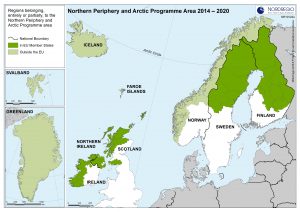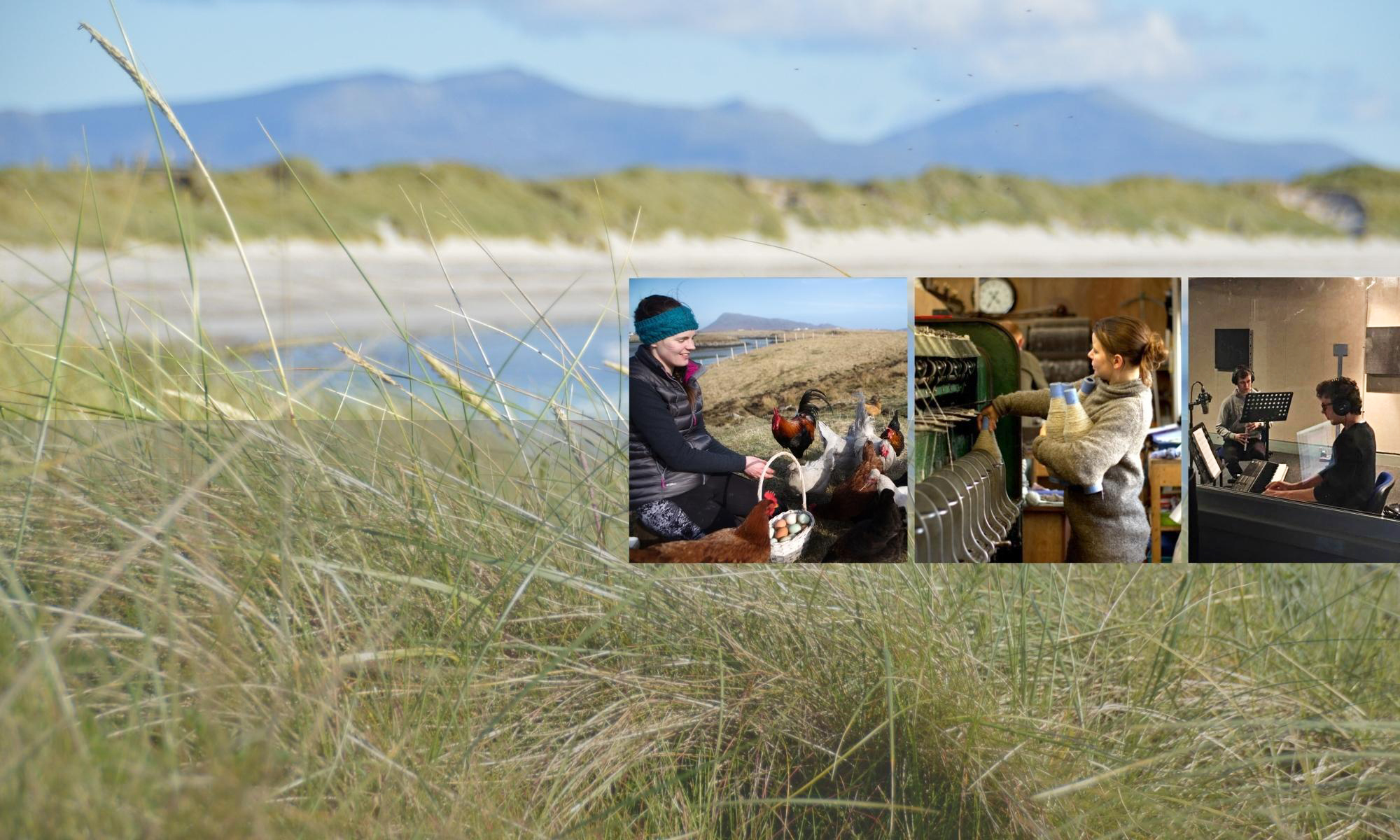
CoDeL is leading a new European funded project to assess the economic impacts of Covid-19 on peripheral communities from eastern Finland to Prince Edward Island in Canada, and to recommend policy and action that can enable these communities to be sustainable and thrive in the future.
The partnership led by CoDeL is funded under the Covid Response Call of the European Northern Periphery and Arctic Programme and includes 6 universities or research institutes, 3 other public institutions (including NHS Highlands) and 3 business networks in the Highlands and Islands, Northern Ireland, Republic of Ireland, all four Scandinavian countries, the Faroe Islands, Iceland, Greenland and Canada.
“With Brexit looming”, says CoDeL Director Thomas Fisher, “the Nordic and Arctic region and Scotland are determined to build ties to enable partnership working in the future. We are delighted that Uist in the Outer Hebrides can play a leading role in this work stretching across the whole Northern Periphery. All the partners are determined that the project draw up recommendations for economic renewal and redesign in peripheral areas that together we can implement in future. The project recommendations will influence the design of the next Northern Periphery and Arctic Programme funding round, and it is so important that Scotland has a strong voice in this.”

The project will draw on insights and innovation, analysis and case studies, to plot a roadmap to enable peripheral communities to become more sustainable and resilient in the new reality triggered by Covid. By drawing on adaptations and innovations from across all the NPA countries and Canada, and from diverse disciplines, including health, economics and human rights, the Outer Hebrides will have access to so much good practice and so many innovative ideas to support economic recovery and renewal here on the islands.
CoDeL is also designing a new Big Lottery funded programme for Scotland’s Social Enterprise Academy on Visioning Rural Communities that will run parallel with the NPA project. This project will link five rural communities (Uist and Barra, Argyll, Moray, Banff and MacDuff, and Peterhead), as well as a special group representing the Gàidhealtachd, to create visions and action to renew our communities and local economies so that our island and rural communities can thrive.
The NPA Programme wanted their project to look at how societies and economies have been transformed by Covid, and will continue to be so in the future. A special target group for both the NPA and Social Enterprise Academy programmes, will therefore be young voices.
“The young economically active are so critical for the long-term sustainability of all Scotland’s islands and rural areas”, says CoDeL Director Theona Morrison. “Even before Covid young people in their 20s and 30s were returning or settling on the islands, and there is already ample evidence that Covid has accelerated this trend by triggering urban flight. How are we going to respond to this opportunity? We need policies to ensure access to affordable housing for local and young people, to support remote working that has become so prominent since Covid, and above all to invest in services and infrastructure in each local community to grow local island and rural populations, and attract a young economically active demographic for whom the benefits of island and rural living compared to city life can be so significant.”

